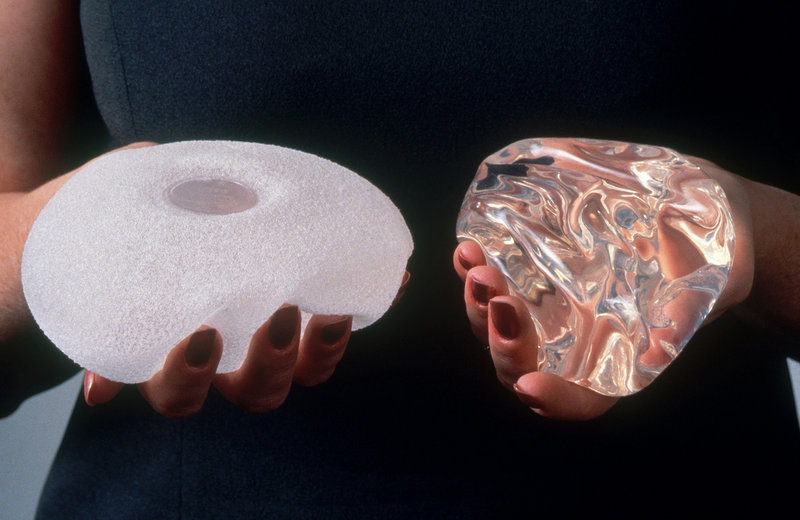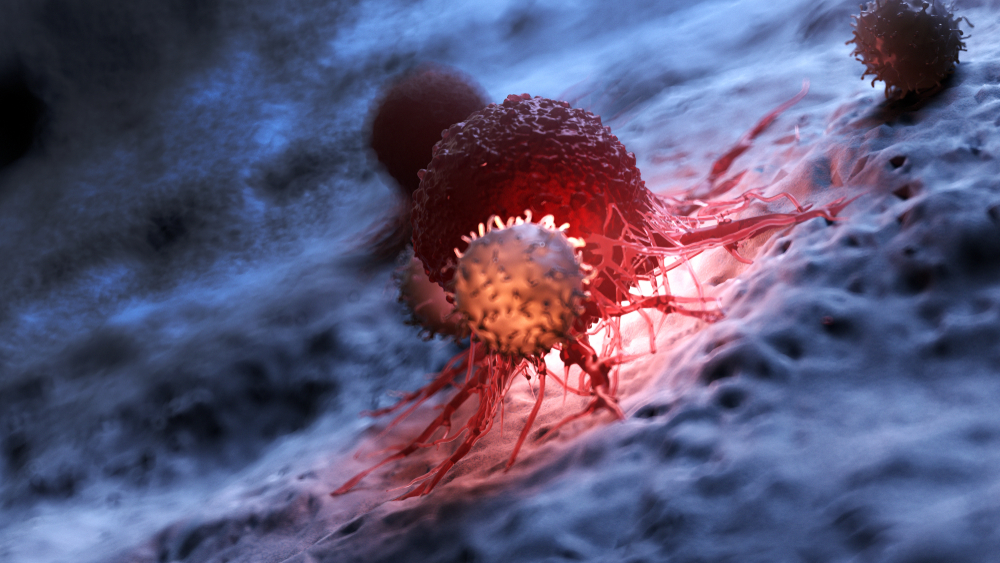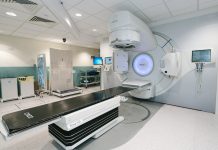Some things for reducing the risk of cancer are commonly known – like don’t smoke, put some sunscreen on your skin on the beach, avoid eating red meat and try to stay away from air pollution. However, there are some unexpected factors that can increase the risk of cancer. Spoiler: talking on the phone is not on the list, so you can continue using your mobile phone without worries.
Sitting still

Exercise is not only a healthy habit, but it is a reducing the risk of cancer as well. Physical activity according to some studies lowers the risk of getting any type of cancer by 7 percent. It especially helps in a reduced risk of the most common cancers, including lung, colon and breast cancers. So what are you waiting for? Stop sitting and start moving.
Hot tea

Drinking tea sounds like a healthy habit, and drinking green tea may even reduce cancer risk. However, make sure to cool it down a bit before you drink it. According to a study made in China, drinking extremely hot tea may increase the risk of cancer of the esophagus. The research included about 450.000 people and according to the results, the men and women who drank “burning hot” tea, but also smoked tobacco and drink alcohol, had a five times greater risk of esophageal cancer than other people. It was found that the extreme hear of the tea could damage the lining of the esophagus, which in turn increased the damage done by smoke and alcohol.
Alcohol

Heavy drinking is known to increase the cancer risk, but some studies show that even light or moderate amounts of alcohol may increase people’s risk of cancer. Roughly 5% of annual new cancer cases worldwide and 6 percent of yearly cancer deaths are because of drinking alcohol. The types of cancer that are most commonly linked with alcohol are breast, colorectal, esophageal and liver cancers, as well as cancers of the mouth and throat. Researchers say that they have found evidence that the alcohol in the body may release a chemical that damages the DNA of the stem cells of the blood, which could lead to cancer.
Being overweight

According to multiple researches being overweight or obese nearly doubled the risk cancers of the esophagus, stomach, liver and kidney compared with people who were in the normal weight range. Overweight people may suffer higher levels of inflammation, but higher hormonal levels that are linked to cell growth may also be connected to the increased cancer risk. On the other hand, maintaining a healthy lifestyle and normal body weight lowers down the risk of cancer.
Being tall

Taller people are more likely to get cancer than shorter people. Some recent studies found that every 10 centimeters (4 inches) of height, a person’s risk of cancer increases by 10 percent. It’s not completely clear how being tall is connected with higher cancer risk, but it could be that taller people have more cells in their bodies, so they have a higher chance that some of the cells would become cancerous. In a different research, scientists found a link between longer legs and people’s risk of colon cancer.
Smoke from the grill

Next time you are attend a barbecue party, try to stay away from the grill. A 2018 study found that those who sit close to a grill may absorb an increased amount of chemicals called polycyclic aromatic hydrocarbons (PAHs) through their skin. These chemicals are released by the burning of fire and charcoal and they are known to be carcinogens. They can also be absorbed by eating grilled meat and breathing in the smoke. A way to minimize the negative effects could be covering up the grill and wearing clothes (you won’t be naked right?).
Breast implants

If you are planning to get breast implants – don’t. Some type of implants can increase the risk of a rare type of lymphoma called anaplastic large cell lymphoma. This is not actually a breast cancer – lymphomas are cancers that arise from the cells of the immune system. The researchers concluded that women who had textured implants instead of smooth-surfaced were at higher risk of lymphoma. The reason is not exactly clear, but it is possible that the implants trigger increased inflammation in the breast tissue, which could lead to cancer over time.















